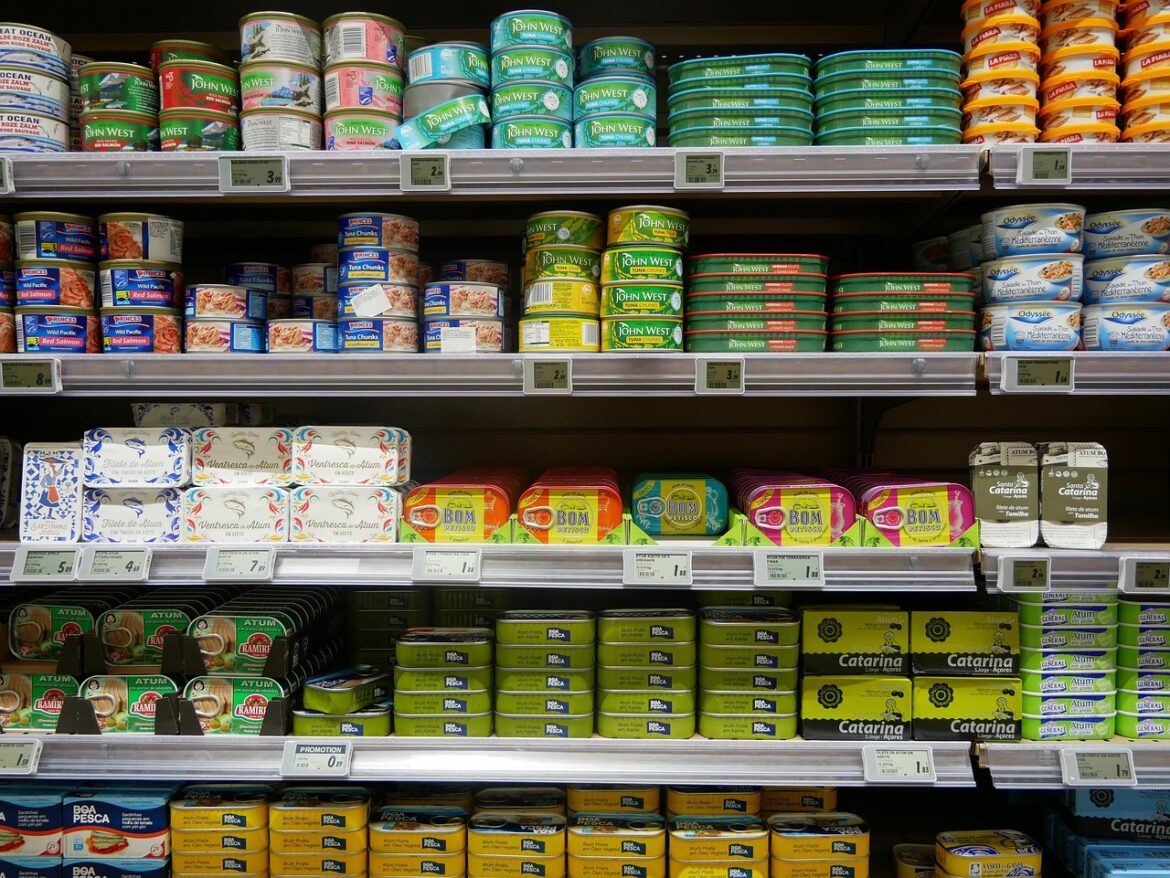Embracing Environmental Sustainability: The Grocery Store Revolution
Grocery stores, once the epicenter of consumption and waste, are undergoing a transformative shift towards sustainability. As consumers become more eco-conscious and regulatory pressures mount, retailers are innovating to reduce their environmental footprint. This article delves into five trending practices that highlight the journey towards greener, more sustainable grocery shopping experiences.
1. Energy-Efficient Innovations
Grocery stores are now investing heavily in energy efficiency, recognizing the financial and environmental benefits. Traditional refrigeration systems, the silent energy guzzlers, are being replaced with modern, energy-efficient ones. Solar panels are becoming increasingly popular for powering these systems, ensuring a significant reduction in electricity bills and carbon emissions. Companies like EdgeSense are also creating tools to lower energy consumption and facilitate a smoother transition to sustainability.
2. Sustainable Packaging Solutions
Plastic packaging, once ubiquitous in grocery stores, is gradually being replaced by more sustainable alternatives. Researchers at Virginia Tech have made significant strides in developing cellulose-based packaging, improving its durability and functionality without compromising on environmental sustainability. This innovation could revolutionize the packaging industry by offering a biodegradable and cost-effective solution.
3. Closed-Loop Recycling
Another trend gaining momentum is the adoption of closed-loop recycling systems. Companies like General Mills are exploring ways to increase the use of post-consumer recyclables (PCR) in their packaging. This approach not only reduces plastic waste but also boosts the availability of food-grade PCR, helping the industry move towards more sustainable practices.
4. Eco-Friendly Displays and Store Layouts
Grocery stores are reevaluating their displays and store layouts to reduce waste and create more sustainable shopping experiences. The COVID-19 pandemic accelerated these changes, as retailers cleared space for safer shopping environments. This transition has led to more minimalist displays, focusing on less waste and more efficient product promotion.
5. Bio-Based Technologies for Sustainability
Advanced biotechnology holds vast potential in reducing global emissions by offering sustainable solutions in various industries, including grocery retail. Innovations in bio-based materials and processes are set to transform how food products are produced, packaged, and sold, aligning with growing consumer expectations for sustainability.
These developments highlight a promising future for grocery stores as they move towards a more sustainable model that benefits both the environment and the bottom line. Whether through energy-efficient systems, sustainable packaging, or innovative technologies, the grocery industry is stepping up its commitment to sustainability—pushing towards a greener future for all.
References:
- https://www.newfoodmagazine.com/article/250652/global-earth-day-grocery-stores-where-energy-efficiency-is-the-real-checkout-line/
- https://www.circana.com/post/2023-display-trends-br-in-the-grocery-channel
- https://www.grocerydive.com/spons/how-edgesensetm-is-changing-the-retail-landscape-for-stores-associates-and/745514/
- https://www.foodnavigator-usa.com/Trends/Clean-label/
- https://www.packagingdive.com/topic/sustainability/
- https://news.vt.edu/articles/2025/04/cnre-packaging-materials-advancement.html
- https://extension.usu.edu/news/
- https://vegconomist.com/category/sustainability-environment/



